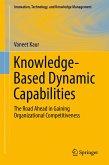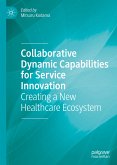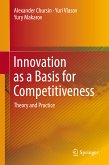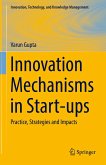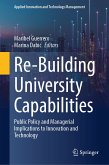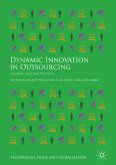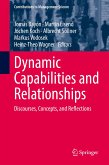This book is about dynamic capabilities (DCs) in the context of the 21st century, in which global challenges seem to come from different quadrants. For instance, an environmental threat to the planet¿s sustainability, or technological advancements disrupting the traditional value chains call for new business models accompanying societal trends. Although the usual approach in dealing with these business models is from a competitiveness perspective, the editors of this book avoid it as the approach seems reductive of what the organizations are required to be aware of and cope with in the modern world only to their organizational ecosystems.
The book offers a compilation of studies on dynamic capabilities covering both cognitive and non-cognitive DCs, according to the managerial and leadership aspects of technological capabilities. Each chapter obeys a certain order, within a particular category of DCs, and their reading along the book is telling a story, showing seminal DCs that a company cannot neglect in the current world. Their grouping also is structured in one way that one might be a preparatory reading for another. Researchers working on the dynamic capabilities approach will particularly benefit from the discussions provided within this book.
Dieser Download kann aus rechtlichen Gründen nur mit Rechnungsadresse in A, B, BG, CY, CZ, D, DK, EW, E, FIN, F, GR, HR, H, IRL, I, LT, L, LR, M, NL, PL, P, R, S, SLO, SK ausgeliefert werden.



